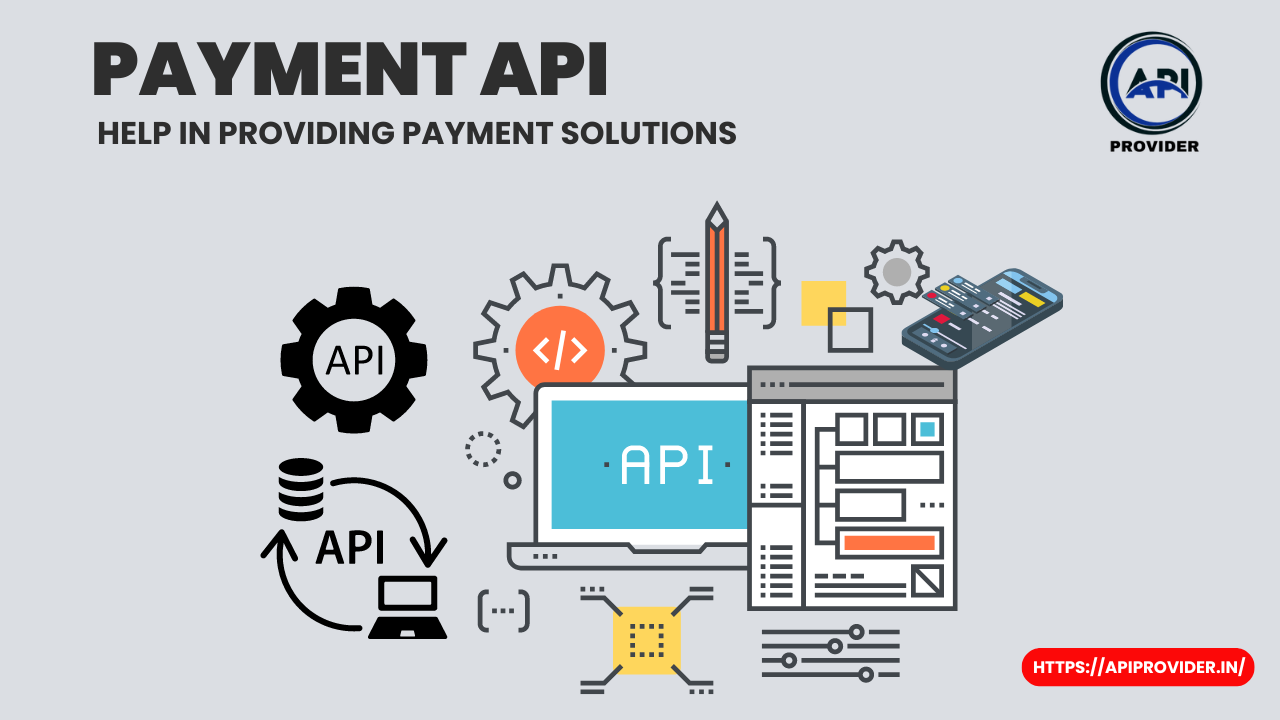Payment API:
Payment APIs, or Application Programming Interfaces, play a crucial role in providing seamless and efficient payment solutions in today’s digital economy. These APIs act as intermediaries between different software applications, allowing them to communicate and exchange data securely. In the context of payment processing, Payment APIs facilitate the transfer of funds between customers, merchants, and financial institutions, enabling various payment methods such as credit cards, digital wallets, and bank transfers. Let’s delve deeper into how Payment APIs contribute to the development and implementation of payment solutions:

1. Streamlined Integration
Payment APIs streamline the integration of payment functionalities into third-party applications, such as e-commerce websites and mobile apps. By providing developers with pre-built code libraries and documentation, Payment APIs simplify the process of incorporating payment processing capabilities, saving time and resources. This streamlined integration allows businesses to focus on enhancing the user experience rather than reinventing the wheel when it comes to payment processing.
2. Diverse Payment Options
Payment APIs support a wide range of payment methods, catering to the diverse needs and preferences of customers. Whether it’s credit card payments, digital wallets like PayPal or Apple Pay, or alternative payment methods such as cryptocurrencies, Payment APIs facilitate seamless transactions across multiple channels. This versatility enables businesses to offer flexible payment options to their customers, enhancing convenience and satisfaction.
3. Enhanced Security
Security is paramount in the realm of online payments, and Payment APIs play a crucial role in ensuring the confidentiality and integrity of transactions. By leveraging industry-standard encryption protocols and tokenization techniques, Payment APIs protect sensitive payment data from unauthorized access and fraud. Additionally, many Payment APIs offer advanced fraud detection and prevention features, such as real-time transaction monitoring and machine learning algorithms, further bolstering security measures.
4. Scalability and Reliability
Payment APIs are designed to handle high volumes of transactions efficiently, making them scalable and reliable solutions for businesses of all sizes. Whether it’s processing a handful of transactions or handling millions of payments simultaneously, Payment APIs can scale dynamically to meet the demands of growing businesses. Moreover, Payment APIs are built on robust infrastructure with redundant systems and failover mechanisms, ensuring uninterrupted service availability.
5. Seamless Checkout Experience
One of the key benefits of Payment APIs is their ability to provide a seamless checkout experience for customers. By embedding payment forms directly into the checkout flow, Payment APIs eliminate the need for users to navigate to external payment gateways, reducing friction and abandoned carts. This seamless integration enhances the overall user experience and increases conversion rates for businesses.
6. Real-Time Transaction Processing
Payment APIs enable real-time transaction processing, allowing businesses to receive instant payment notifications and updates. Whether it’s authorizing a credit card payment or confirming a bank transfer, Payment APIs facilitate swift and efficient transaction processing, minimizing delays and improving cash flow management. This real-time visibility into payment activity enables businesses to make informed decisions and take timely action.
7. Customization and Flexibility
Payment APIs offer a high degree of customization and flexibility, allowing businesses to tailor payment solutions to their specific requirements. Whether it’s configuring payment workflows, setting up recurring billing cycles, or implementing custom fraud rules, Payment APIs provide granular control over payment processes. This customization enables businesses to adapt and evolve their payment strategies in response to changing market dynamics and customer needs.
Conclusion:
Payment APIs play a pivotal role in providing payment solutions that are secure, reliable, and user-friendly. From streamlining integration and supporting diverse payment options to enhancing security and scalability, Payment APIs empower businesses to deliver seamless payment experiences to their customers. As the demand for digital payments continues to grow, Payment APIs will remain indispensable tools for businesses looking to thrive in the digital economy.
